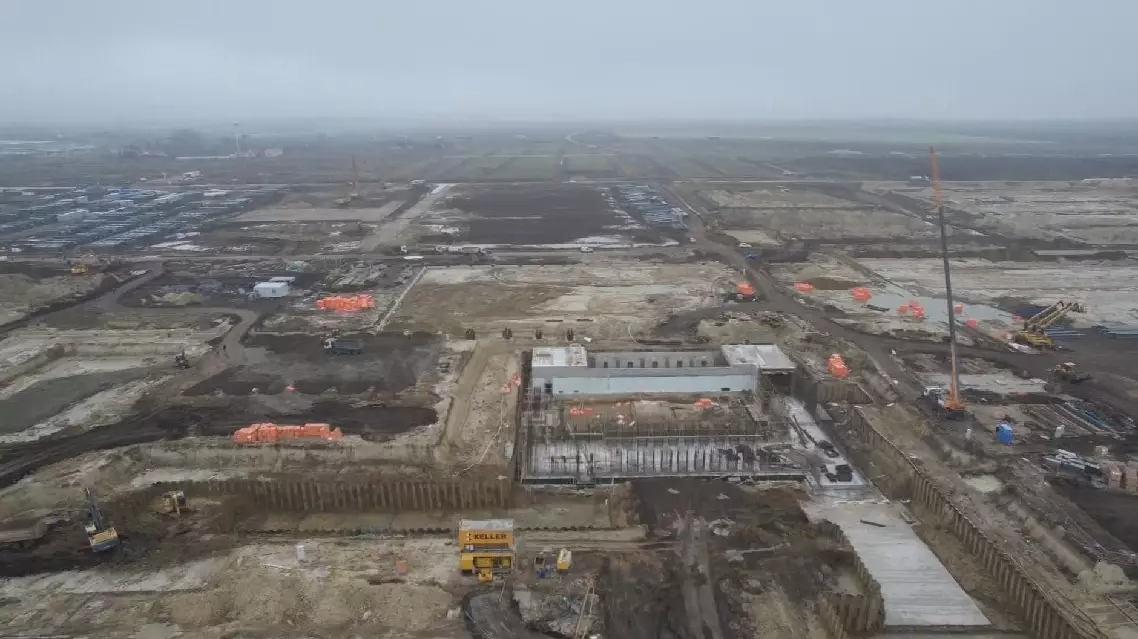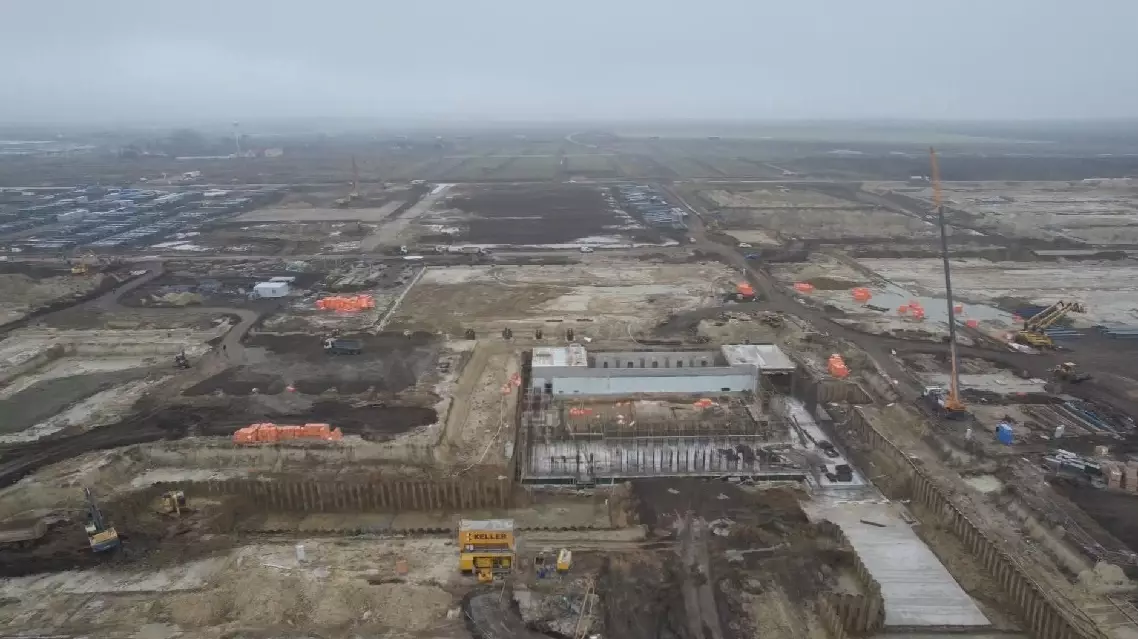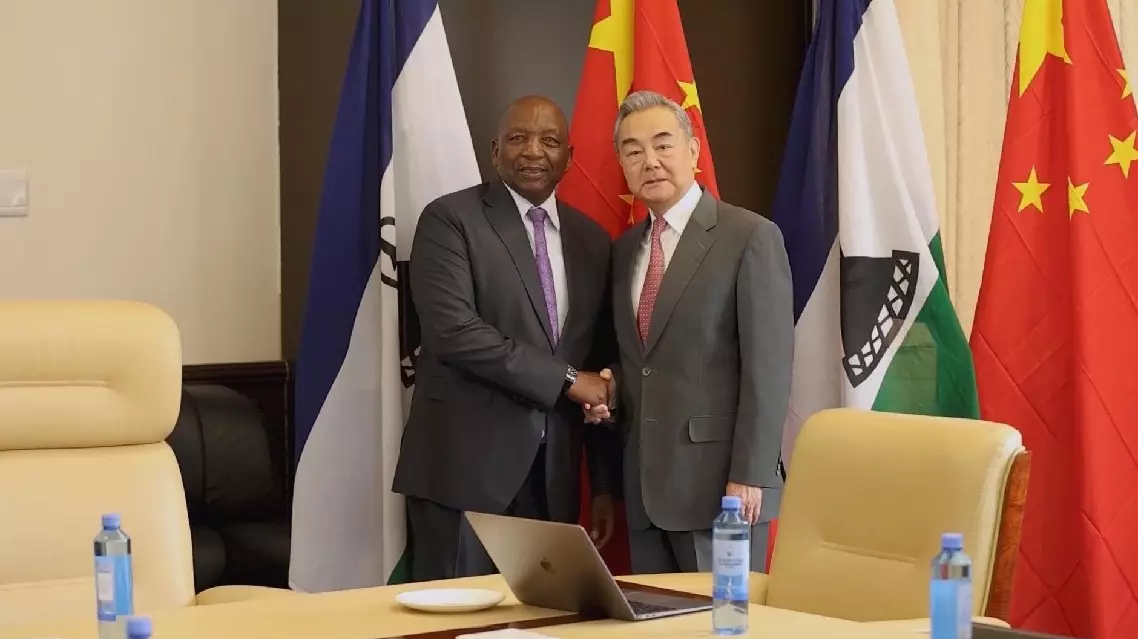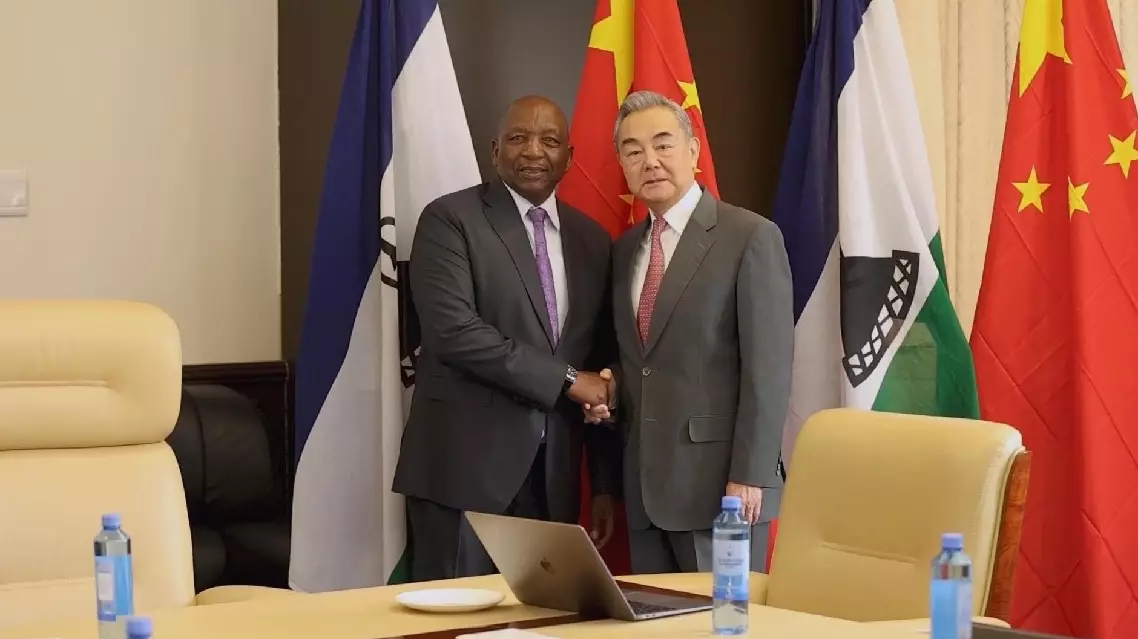Leading Chinese electric vehicle (EV) manufacturer BYD said on Thursday that it will open its first European business headquarters as well as a new research and development center in Budapest, Hungary.
With an investment of almost 250 million euros, the BYD project will create 2,000 jobs, mostly for university-trained engineers. It also includes strategic partnerships with Hungarian universities and vocational institutions, aiming to link research and development efforts with local talent.
The factory is set to begin operations by October in Szeged, southern Hungary, where steel frames have already risen to form the skeleton of the plant. Once completed, it will produce EVs for the entire continent.
During a joint press conference on Thursday, both sides expressed optimism about their collaboration as BYD established its presence in the heart of the EU.
"The cars of the future will also be manufactured in the country," said Viktor Orban, Prime Minister of Hungary.
"BYD can consider itself lucky for participating in the economic and social development of Hungary. The world can be witness to the endless possibilities provided by the Chinese-Hungarian cooperation," said Wang Chuanfu, CEO of BYD.
Hungary's automobile industry took off in the 1990s when major Western automakers established factories, attracted by the country's skilled workforce and low production costs. Since then, the country has evolved into a key vehicle assembly hub.
However, BYD's arrival signifies a new era -- Hungary will not only manufacture the future of cars but also play a crucial role in shaping it, according to industry insiders.
"I think it's a necessary step [for BYD] to get more into the country and get more involved in the European market," said Tibor Antaloczy, an automotive analyst.

Chinese EV giant to open European headquarters in Budapest

Chinese EV giant to open European headquarters in Budapest
Visiting Chinese Foreign Minister Wang Yi said Saturday China is willing to work with Lesotho to strengthen exchanges on governance experience, enhance coordination in multilateral affairs, and advance the China-Lesotho strategic partnership.
Wang, also a member of the Political Bureau of the Communist Party of China Central Committee, made the remarks when meeting with Lesotho Prime Minister Sam Matekane in the capital of Lesotho.
During the meeting, Wang congratulated Lesotho on the 60th anniversary of its independence this year, and spoke highly of Lesotho government's efforts to prioritize economic development and steer the African country onto a path of sustainable growth. Since the Beijing Summit of the Forum on China-Africa Cooperation (FOCAC) in 2024, the two sides have advanced cooperation under the 10 partnership action plans unveiled at the summit, successfully implementing a number of key projects to effectively promote Lesotho's development and revitalization, Wang said.
China stands ready to work with Lesotho to strengthen exchanges on governance experience, enhance coordination in multilateral affairs, and push for greater development of the China-Lesotho strategic partnership, he added.
Calling on the two sides to firmly support each other, Wang said that China will accelerate the implementation of its zero-tariff policy for African countries, including Lesotho, expand bilateral trade, investment and industrial cooperation, facilitate broader access of Lesotho's specialty products to the Chinese market, and continue to support Lesotho's national development.
China will continue to stand firmly with African countries, uphold justice for the Global South, including Lesotho, oppose unilateralism and acts of bullying, and work together to build a community with a shared future for humanity, Wang said.
On his part, Matekane said during the meeting that Lesotho cherishes its friendship with China and the strategic partnership between the two countries, and expressed gratitude for China's valuable support for the development of African countries, including Lesotho.
Lesotho firmly adheres to the one-China principle and resolutely supports China in safeguarding its core interests, he said, noting that his country stands ready to strengthen strategic mutual trust with China, expand people-to-people exchanges, jointly implement the outcomes of the FOCAC Beijing Summit, and deepen cooperation in areas such as infrastructure, manufacturing and energy.
Matekane stressed that China's zero-tariff policy for African products will inject new impetus into Lesotho's development. He also expressed Lesotho's willingness to strengthen solidarity and cooperation with China on multilateral platforms such as BRICS to jointly address global challenges.
On the same day, Wang also held talks with Lejone Mpotjoana, minister of foreign affairs and international relations of Lesotho.

China, Lesotho to strengthen exchanges, advance cooperation

China, Lesotho to strengthen exchanges, advance cooperation












